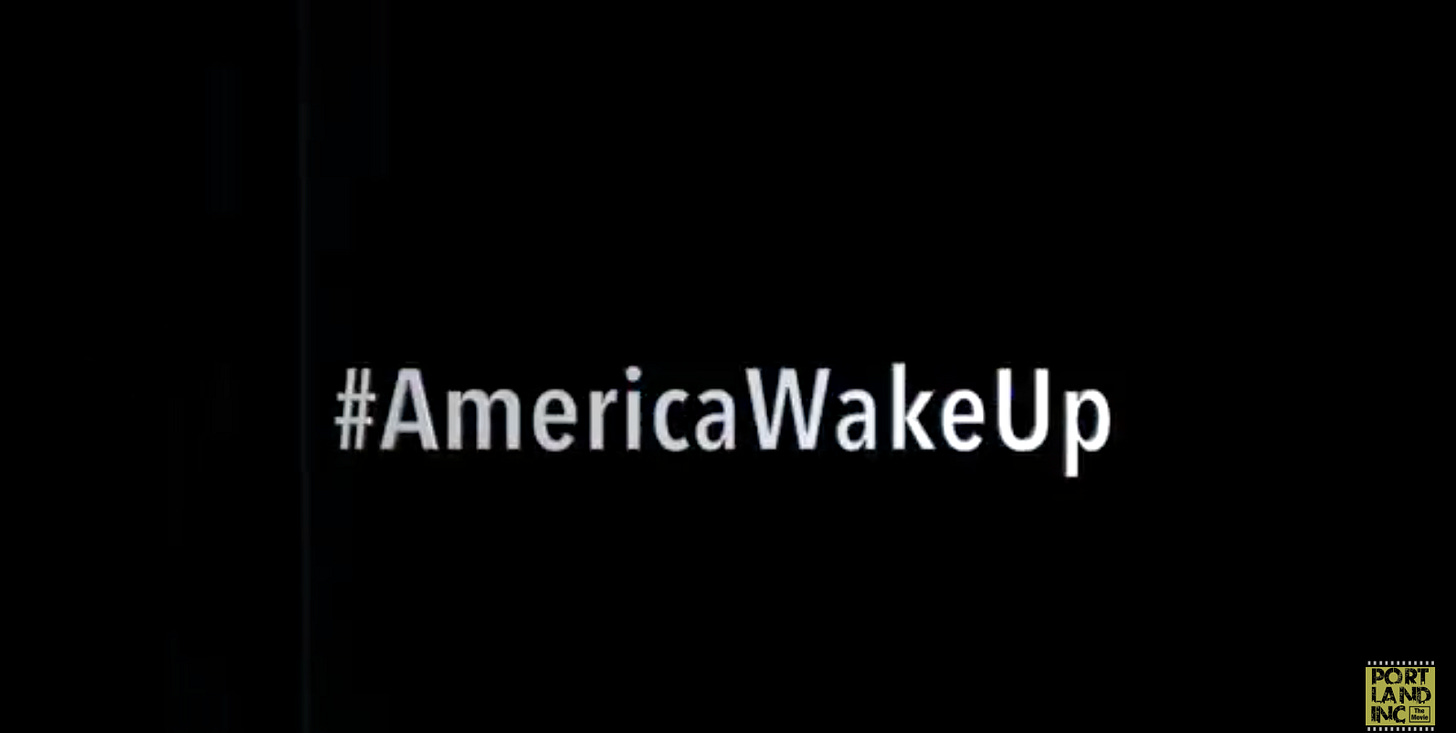
This morning I woke up, as I do one too many mornings, ruminating on a tweet I sent that I maybe regretted. I knew it was bothering me but I didn’t know why. When this happens, sometimes I will simply delete the tweet. Other times, if it was validated by the approval of others, I will leave it there as a small piece of the puzzle that defines who I am o…



